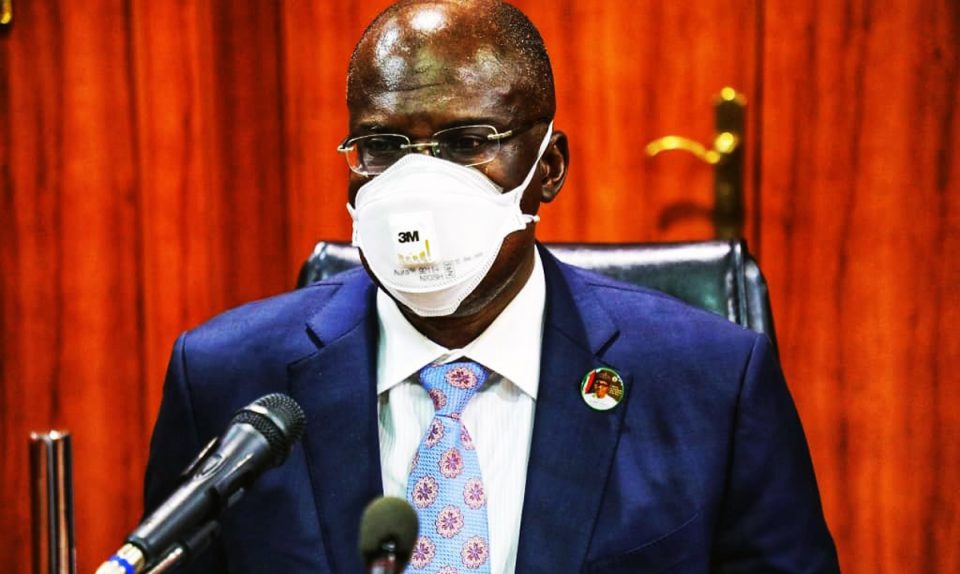The International Monetary Fund (IMF)prediction that Nigeria may be heading for its worst recession in 2020 appears unacceptable to most Nigerians who in the face of the COVID-19 pandemic are going through difficult times.
These fears are often heightened by concerns over how the post COVID-19 economy would look like, should the IMF prognosis become a reality.
Indeed Nigeria was party to a recent decision by the Organisation of Petroleum Exporting Countries (OPEC) which at its 10th OPEC/NON-OPEC Declaration of Cooperation Ministerial Meeting to conclude the Curtailment of Crude Oil Production by 9.7 million per day.
Prior to the cut in oil production figure, the country had slashed its 2020 oil price budget benchmark from $57 per barrel to $25 in order to adjust to the drop in global oil prices now trading slightly above $30 per barrel.
With the OPEC deal to cut members’ production quota, the Minister of State for Petroleum Resources, Timipreye Sylva, said Nigeria’s daily production would drop by almost 300,000 barrels from the proposed revised volume.
But as part of measures to readjust its working figures, the Federal Government went a step ahead to revise its budgetary proposal, with crude oil price benchmark reduced from the previous $57 per barrel to $25, while daily oil production volume was cut from 2.18 million barrels to 1.70 million.
Already, business across value chains, including multinationals, Small Medium Enterprises and Medium Small Micro Enterprises (MSMEs) have all gone under, operating far below capacity utilization.
The drop in oil prices have virtually affected all facets of the economy as the Federal Government has cut down on capital expenditure having also reached out to the IMF to drawdown its $3.4bn savings in addition seeking further support from all other multilateral agencies.
Minister gives breakdown of deal
Nigeria in a bid to shore up oil prices and oversupply in the oil market on April 12th, 2020, joined its other OPEC+ counterparts to bring into effect the agreement to cut 9.7 million bpd following the alignment of Mexico.
The intervention of the United States of America resulted in Mexico agreeing to a cut of 100,000 bpd and to be complemented by an additional 300,000 bpd by US Producers. This will enable the rebalancing of the oil markets and the expected rebound of prices by $15 per barrel in the short term.
According to the Minister of State for Petroleum Resources, Mr.Timiprye Sylva, the development promises an appropriate balancing of Nigeria’s 2020 budget now adjusted to $20 per barrel.
‘‘As agreed, Nigeria will join OPEC+ to cut supply by 9.7 million bpd between May and June 2020, about 8million barrels per day between July and December 2020 and 6million barrels per day from January 2021 to April 2022, respectively.
Based on reference production of Nigeria of October 2018 of 1.829 million barrels per day of dry crude oil, Nigeria will now be producing 1.412 million barrels per day, 1.495 million barrels per day and 1.579 million barrels per day respectively for the corresponding periods in the agreement.
This is in addition to condensate production of between 360-460,000 bpd which are exempt from OPEC curtailment.




